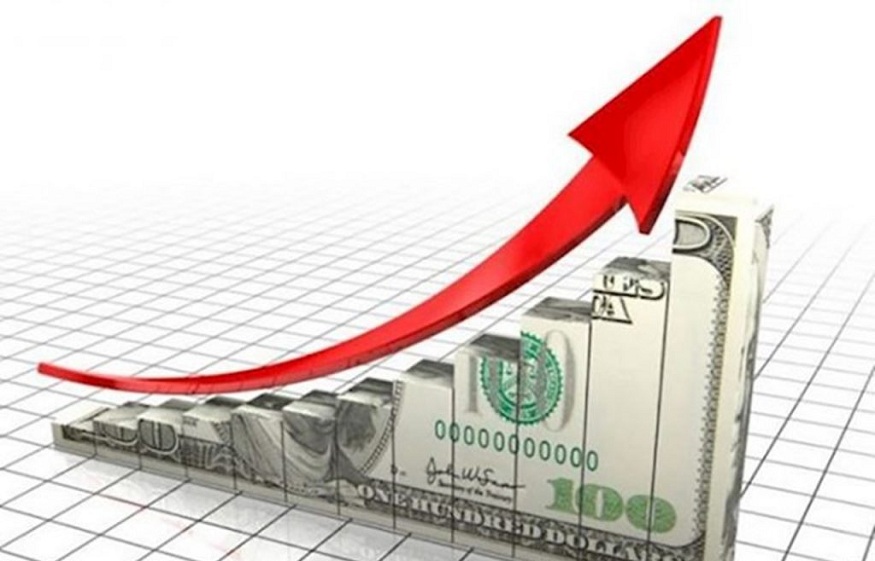Definition of inflation: Inflation is a constant increase in the general price level. This means that the cost of living will increase and people will need more money to buy the same goods.
How is inflation measured?
According to The Rum Rebellion, to measure inflation, the government conducts a price survey and a research to determine a typical product basket.
The first thing a government should do when measuring inflation is to find a typical basket of goods. This allows you to assign weight to products based on their potency. For example, gasoline costs can represent 12% of the total basket. The cost of clothing can be 7% and mineral water 1%. It is clear that if gasoline prices rise, it will be more important than mineral water.
The government checks the prices every month. In this case, the price change will be multiplied by the weighing of the merchandise. It can then be converted into a price index, for example the UK uses the CPI.
Problems of measuring inflation
- The product may vary in quality. For example. Mobile phones can go up in price, but this may be due to improved features rather than a reflection of inflation.
- Some consumers may have different effective inflation rates. Consumers who smoke will be affected by rising cigarette prices. Older people living in cold rooms will be hit the hardest by rising energy prices. Young people can benefit from falling consumer prices
Inflation / Price Problems: Why Is Inflation Bad?
- Rising prices create uncertainty in the economy. When inflation is high, it also tends to be more volatile and unpredictable. This discourages companies from investing as they no longer trust future costs and prices. Lower investment leads to slower long-term economic growth. Countries with high inflation rates tend to have a lower economic performance in the medium term.
- Inflationary growth is unstable. If economic growth exceeds the long-term trend rate, it causes inflation because demand grows faster than supply. To reduce inflation, the monetary authorities will raise interest rates; This will ease inflationary pressures, but at the cost of slowing growth. In the long term, this could even trigger a recession. Keeping inflation low will help avoid boom-bust business cycles.
- Menu cost. This is the price of changing the price lists. When prices go up, it takes time to update the price tags. This has become less significant with modern technology.
- Shoe leather cost. When inflation is high, people spend more time and effort searching for the lowest prices.
- Decrease in exports. If a country has higher inflation than its main trading partners, it will stop being competitive and will sell fewer exported products.





